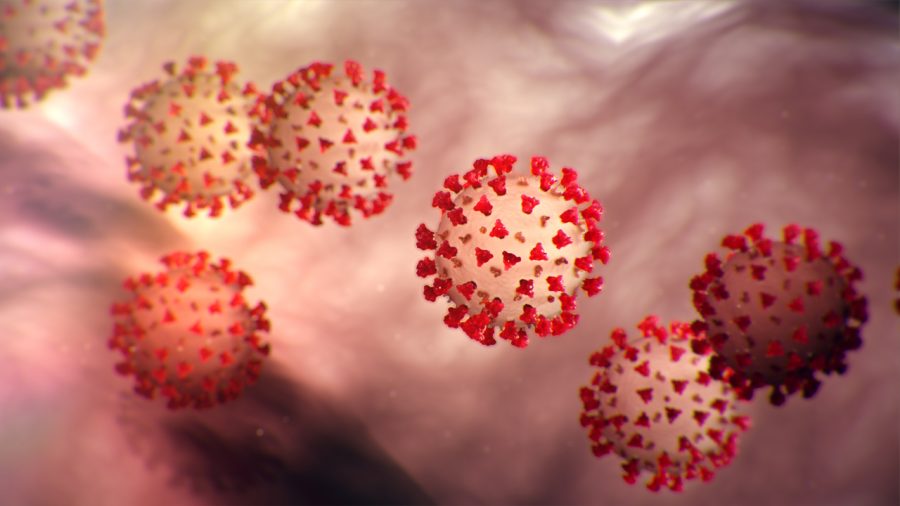California introduces SMARTER plan to combat COVID-19
Following the rollback of many COVID-19 protectionary measures, including indoor mask mandates, Governor Gavin Newsom unveiled a new plan last week — the first of its kind in the nation — to move away from a COVID-19 “crisis mentality” and to treat the virus as a part of normal life. The plan, dubbed the SMARTER plan for its seven areas of focus (shots, masks, awareness, readiness, testing, education and rx/prescription treatments), will focus on preparing for and responding to future outbreaks and variants of COVID-19 while cutting back on emergency measures enacted throughout the last two years. Much of the plan centers on preparedness to rapidly deploy protectionary measures when necessary, and is designed to be flexible for future viruses in addition to COVID-19.
“We are moving past the crisis phase into a phase where we will work to live with this virus, and we will maintain a readiness posture and stay on top of the nature of change that is so self-evident with this pandemic and disease,” Newsom said.
Preparing for The Virus
The SMARTER plan includes provisions to strengthen current wastewater monitoring, to study positive COVID-19 test specimens and to monitor data and frontline conditions to detect changes to the virus, including variants. The plan also aims to coordinate local and state responses, foster engagement with community organizations and promote the use of CA Notify, a contact-tracing and exposure notification smartphone application. In addition, the state plans to retain the ability to administer at least 200,000 vaccines and 500,000 tests per day, maintain a stockpile of 75 million “high-quality” masks and 30 million at-home COVID-19 tests and keep 3,000 clinical staff on hold to deploy within 2–3 weeks if necessary.
Responding to Outbreaks
The plan incorporates a detailed response to COVID-19 outbreaks and potential new variants. If a new variant is detected, the state will partner with the federal government to study the variant while simultaneously deploying testing supplies, vaccines and healthcare workers to impacted communities and implementing safety measures based on the severity of the strain. California will also focus on ordering and distributing prescription COVID-19 treatments in a timely manner.
Schools
The SMARTER plan includes minimal details about changes to school COVID-19 policy. With the goal of keeping schools open, the plan aims to strengthen youth vaccination, indoor air filtration and ventilation, group contact tracing and test kit distribution. It also emphasizes billions of dollars of investments into youths’ mental health post-pandemic. While recognizing an “eventual change” to school masking policy, it doesn’t provide a timeline for such changes. In a press conference today, however, Newsom stated that updates on the status of school mask mandates would be provided this Monday, February 28.
Studying Societal Impacts
Along with COVID-19 protectionary measures, the plan will also monitor public opinion relating to the virus. A large emphasis of the plan is placed on combating misinformation — the SMARTER plan involves communication efforts through community-based and local messengers as well as data transparency to inform the public. The state also plans to maintain a monthly statewide survey tracking general opinion on COVID-19-related issues and will launch a long-term study identifying the impacts of COVID-19 on communities and individuals statewide.




